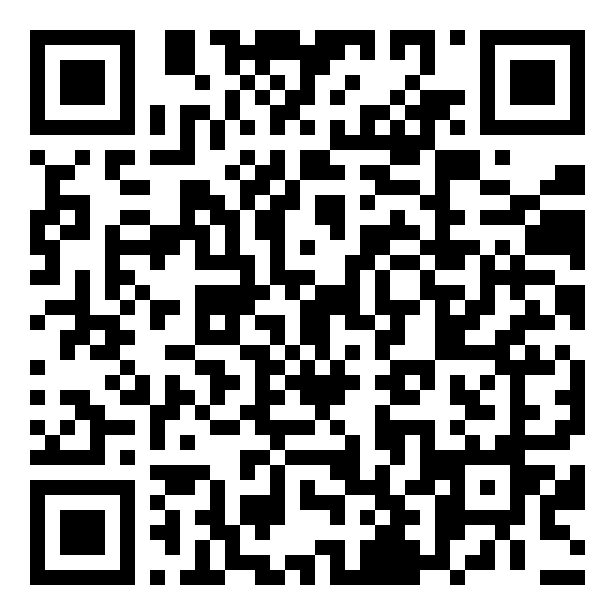
Assay Development and Screening
High-Throughput Automated Screening to Identify Neutralizing Antibodies against Viruses using Agilent’s HT-BioSpa system
- LZ
Leyna Zhao, n/a
Ph.D.
Agilent Technology, Inc.
San Diego, California, United States
Primary Author - January Poster(s)
The emergence and re-emergence of highly virulent viral pathogens with the potential to cause a pandemic creates an urgent need for the accelerated discovery of antiviral therapeutics. Antiviral human monoclonal antibodies (mAbs) are promising candidates for the prevention and treatment of severe viral diseases, but their long development timeframes limit their rapid deployment and use. Recently we developed and validated a novel rapid antibody screening platform to isolate neutralizing mAbs against SARS-CoV-2 and Zika viruses. A critical part of this platform is Agilent’s functional potency assay, which is an in vitro cellular assay used to rapidly quantify the neutralizing potency of mAbs. This assay is performed using the Agilent xCELLigence Real-Time Cell Analysis (RTCA) HT system that uses cellular impedance to continuously monitor the viral-induced cytopathic effect (CPE) on cells that are incubated with virus or virus plus antibody in a 384-well format, without the use of labels. To increase the throughput, we now have validated the RTCA HT system integrated with Agilent’s BioTek BioSpa 8 automated incubator. The BioSpa provides real time temperature and CO2/O2 control, with humidity monitoring. The system can host up to 8 microtiter plates. The RTCA Pro software provides on-line, off-line data analysis, including manage a robotic arm to transport plates from BioSpa to the HT station, expanding the throughput of the xCELLigence assay to 3,072 wells. In summary, our results demonstrate that the Agilent HT-BioSpa system is well suited for high-throughput neutralizing antibody screening assays, providing rapid, quantitative assessment of the anti-viral antibody function and potency with high reproducibility and a greatly simplified workflow.
 View Leader Board
View Leader Board
SLAS Events

1st Prize - Comp Reg + Hotel/Airfare to SLAS2023 in San Diego
2nd Prize - $50 Starbucks Gift Card
3Rd Prize - $25 AMEX Gift Card
Keep an eye on the leader boards to see who’s at the TOP. Winners will be announced after SLAS2022.
Each participating poster in the exhibit hall will have a QR code next to it. For virtual participants, look for the scavenger hunt icon for participating posters.
